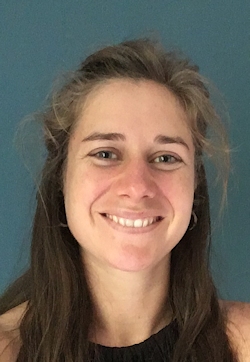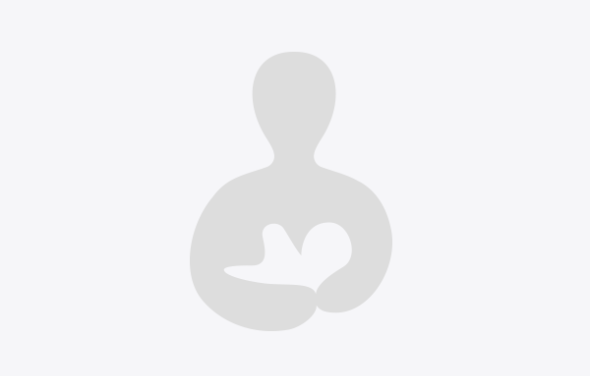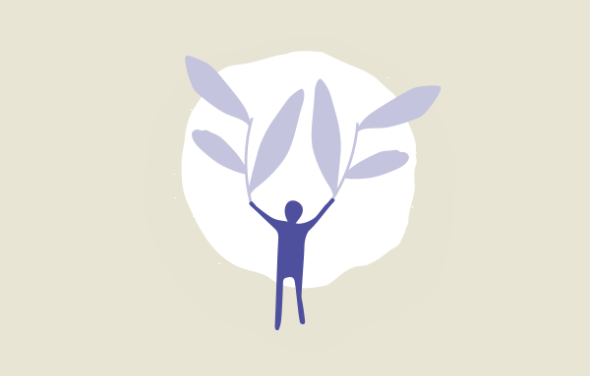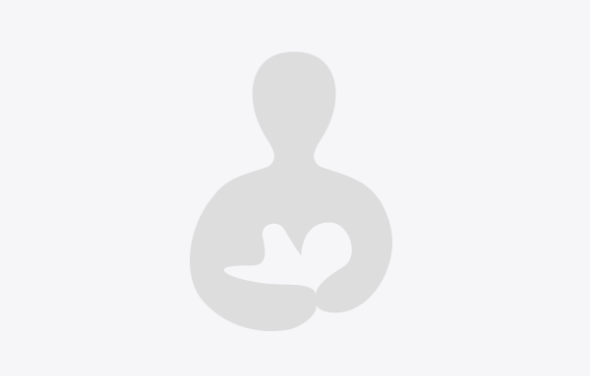 I was delighted to receive an Iolanthe Award to help fund a Masters in Primary Maternity Care at Griffith University in Australia.
I was delighted to receive an Iolanthe Award to help fund a Masters in Primary Maternity Care at Griffith University in Australia.
Inspired by my own experience in a Continuity of Carer team, I wanted to deepen my knowledge of how maternity services can be effectively designed, implemented, and evaluated. I was also keen to learn more about protecting and promoting physiological childbirth; perinatal mental health; global maternal health; improving health equity; and change management in healthcare systems. I chose this particular Masters because it is founded on a social model of midwifery whereby birth is a rite of passage, requiring culturally safe, woman-centred and relationship-based care. The programme is designed to cultivate critically reflexive practitioners who recognise that whoever we are and wherever we find ourselves, birth is deeply influenced by, and influences, our socio-political context.
I have advanced my knowledge about childbirth physiology and learnt about how midwife-woman and interprofessional relationships optimise maternal and neonatal outcomes. I did an integrative review that found trust, togetherness, time, and tenacity enable Continuity of Carer models to succeed. I have also enhanced my skills in breastfeeding, with a focus on supporting women facing multiple disadvantages. The flexibility of the Masters has broadened my knowledge, exploring sexual health and wellness as well as counselling skills from Motivational Interviewing and Solution-Focused Brief Therapy that can be utilised in healthcare.
Studying leadership and change management made me appreciate that change within organisations begins with the individual. People leading change, resisting it, and everyone in between have equally valuable experiences and knowledge to share. I particularly enjoyed learning about maternal health in India and how positive changes are underway in line with the Quality Maternal and Newborn Care Framework and the Sustainable Development Goals. Throughout the Masters, we were continuously assimilating our knowledge, whether through reflective writing on cultural humility, or creating a business proposal for midwifery models of care to be reviewed and edited by leaders in the field.
Connecting with like-minded peers, tutors and inspirational leaders in Primary Maternity Care has rekindled my passion for midwifery. I am particularly drawn to the principle of salutogenesis – a strengths-based framework for promoting health and wellness that has an expansive view of what safe care means.
I’d like to help embed this principle in any midwifery that I design or deliver. I am also fascinated in the increasing evidence on the benefits of peer support for breastfeeding, mental health, and processing trauma. Birthing people’s lived experience must be the starting point for midwifery practice and the place to which we always return to make progress.
I’d also like to contribute to creating work cultures where midwives feel safe, respected, and supported to flourish and I hope to bring reflective practice into future teamwork.
Only through genuine, meaningful connections between midwives and the wider maternity staff teams will our services be safe.
Receiving an Iolanthe Award is such an honour. It is humbling to participate in this movement of midwives making a difference in the world, particularly during a global pandemic when many of us have experienced feeling isolated and disconnected. I am so grateful to be part of a positive force for change in midwifery.






